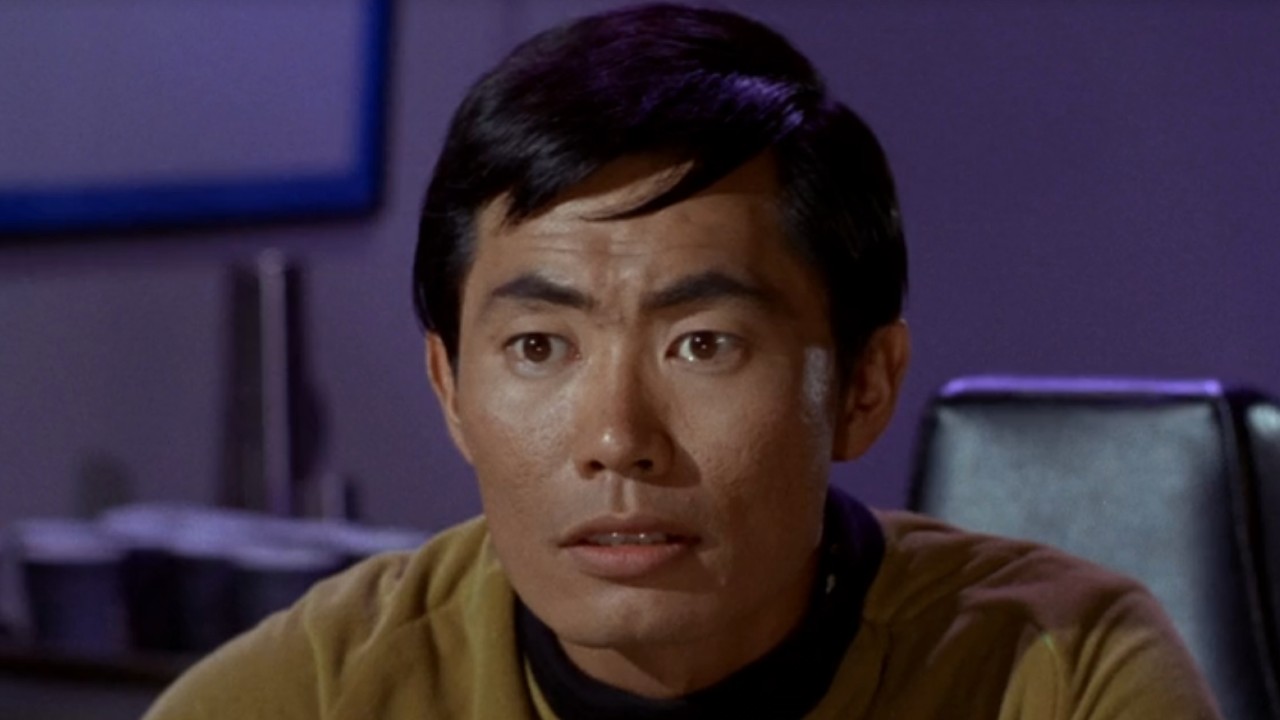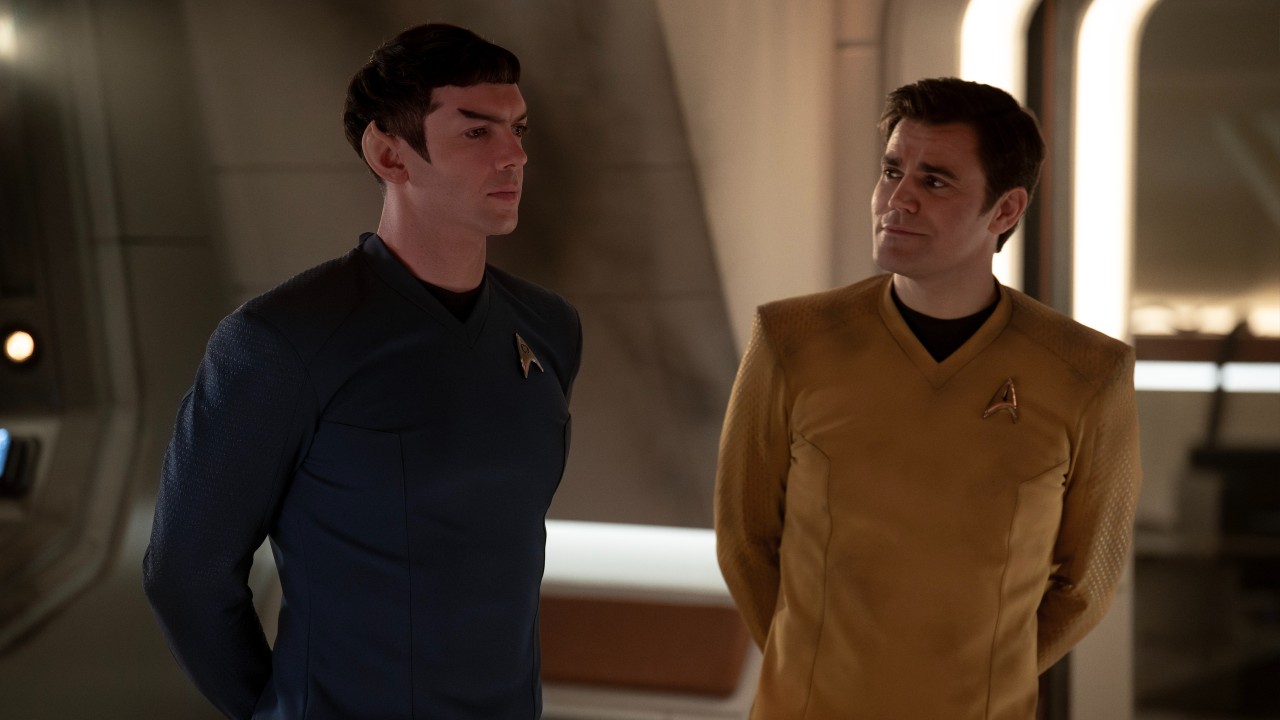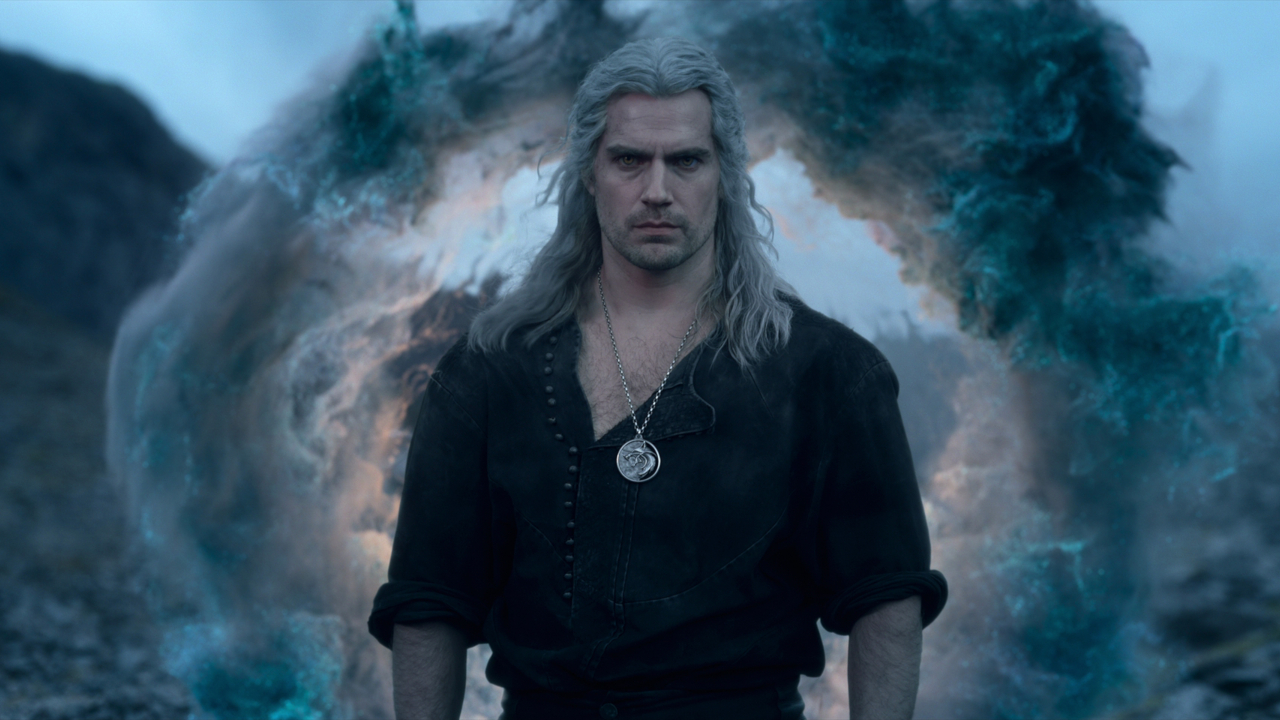‘I Respect Gene Roddenberry’s Candor’: Star Trek’s George Takei Explained Why The Original Series Never Explored LGBTQ Issues
The Star Trek creator had his reasons.

Running from 1966 to 1969, Star Trek: The Original Series was one of the most progressive TV shows of its time, and is still fondly looked back on for the way it explored many political and social topics. However, the sci-fi TV show never delved into LGBTQ issues during its three-season run. According to George Takei, this wasn’t due to a lack of interest from TOS creator Gene Roddenberry, but rather because he was concerned about it would impact the series’ run.
Takei, who played Hikaru Sulu in Star Trek: The Original Series, the six TOS movies and an episode of Star Trek: Voyager (all of which can be streamed with a Paramount+ subscription), chatted about this on The Sackhoff Show. The actor, who came out as gay in 2005, recalled how one day, he was swimming in the pool at Gene Roddenberry’s house and told the man who brought Star Trek to the masses how much he admired that the show was touching on subjects like the Civil Rights Movement and the Vietnam War. Takei then asked if Roddenberry would consider exploring LGBT equality on TOS, and here’s how the rest of the conversation went:
And [Roddenberry] said, ‘Yes I'm aware of that, but you remember the show in which we had Kirk kiss Uhura?’ A Black and white kiss, first ever in American television. And he said, ‘That show was the lowest rated of all the shows that we made. The ratings just plummeted on that show because many of the Southern stations refuse to air it because of the Black/white kiss. I've been dealing with a lot of controversial issues, and if I deal with the LGBTQ issue, that will further push our ratings down, and I'm walking a tight rope as I am and I want to keep the show on. I can't do that. I've got to keep the show on the air.’
Like George Takei said, James T. Kirk and Uhura kissing in the episode “Plato’s Stepchildren” was indeed an historical moment, as this was the first interracial kiss depicted on American television. It helped break down a major small screen barrier, but then as Gene Roddenberry informed Takei, the episode didn’t air in many Southern stations in the United States because of that one moment. Roddenberry felt that if Star Trek started touching on LGBTQ issues as well, that would be pushing the show’s luck too far. Takei continued:
And I understood because I was a closeted guy talking to him about it, so I understood. So I respect Gene Rodenberry's candor and explaining what we did, but I knew that the enormous limitations that we have on particularly public television [was] so dependent on ratings.

“Plato’s Stepchildren” was Star Trek: The Original Series Season 3’s 10th episode, so there’d only be another 14 episodes before the show was cancelled anyway. But George Takei understood where Gene Roddenberry was coming from, as ratings dictate whether or not a show will stay on the air. Between that, how TOS had already taken a hit from the Kirk/Uhura kiss and Takei still being closed at the time, he didn’t push the matter any further.
Fortunately, Star Trek: The Original Series laid the foundation for a franchise that’s still going strong and been able to delve into LGBTQ storytelling in its more recent history, including with Star Trek: Discovery featuring two of its principal characters in an openly gay relationship. It’s also worth mentioning that in the Kelvin timeline, John Cho’s Hikaru Sulu was revealed to be gay in 2016’s Star Trek Beyond, though George Takei didn’t approve of this creative decision.
Your Daily Blend of Entertainment News

Connoisseur of Marvel, DC, Star Wars, John Wick, MonsterVerse and Doctor Who lore, Adam is a Senior Content Producer at CinemaBlend. He started working for the site back in late 2014 writing exclusively comic book movie and TV-related articles, and along with branching out into other genres, he also made the jump to editing. Along with his writing and editing duties, as well as interviewing creative talent from time to time, he also oversees the assignment of movie-related features. He graduated from the University of Oregon with a degree in Journalism, and he’s been sourced numerous times on Wikipedia. He's aware he looks like Harry Potter and Clark Kent.
You must confirm your public display name before commenting
Please logout and then login again, you will then be prompted to enter your display name.
